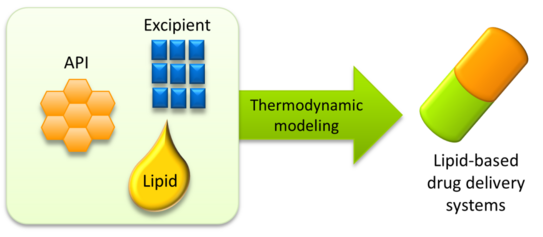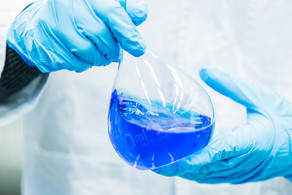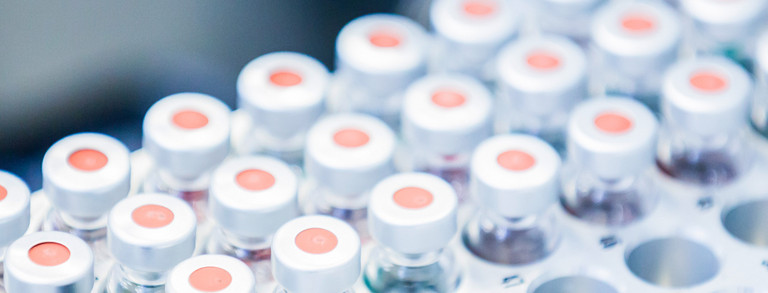Thermodynamics of Lipid‐Based Drug Delivery Systems
Lipid-based drug delivery systems (LBDDS) are a promising formulation strategy for new active pharmaceutical ingredients (APIs) as they significantly enhance the bioavailability (which is determined by the API solubility in water and API absorption in the GIT). This project focuses on the experimental investigation and thermodynamic modeling of the phase behavior of LBDDS.
Description
LBDDS contain the API, which is molecularly dissolved in a suitable lipid and possibly excipients, which further enhance the API solubility in the LBDDS or avoid API precipitation in the GIT[1, 2]. LBDDS are currently developed with high experimental effort via trial-and-error procedures, ending up in a very expensive and time-consuming development process. To speed up this process and to reduce the experimental effort, the thermodynamic phase behavior of LBDDS will be investigated using the Perturbed-Chain Statistical Associating Fluid Theory (PC-SAFT)[3].

References
| [1] | C. W. Pouton: "Lipid formulations for oral administration of drugs: Non emulsifying, self-emulsifying and self-microemulsifying drug delivery systems" European Journal of Pharmaceutical Sciences, 2000 |
| [2] | C. W. Pouton: "Formulation of poorly water-soluble drugs for oral administration: Physicochemical and physiological issues and the lipid formulation classification system" European Journal of Pharmaceutical Sciences, 2006. |
| [3] | J. Gross and G. Sadowski: "Perturbed-chain SAFT: An equation of state based on a perturbation theory for chain molecules" Industrial & Engineering Chemistry Research, 2001. |







